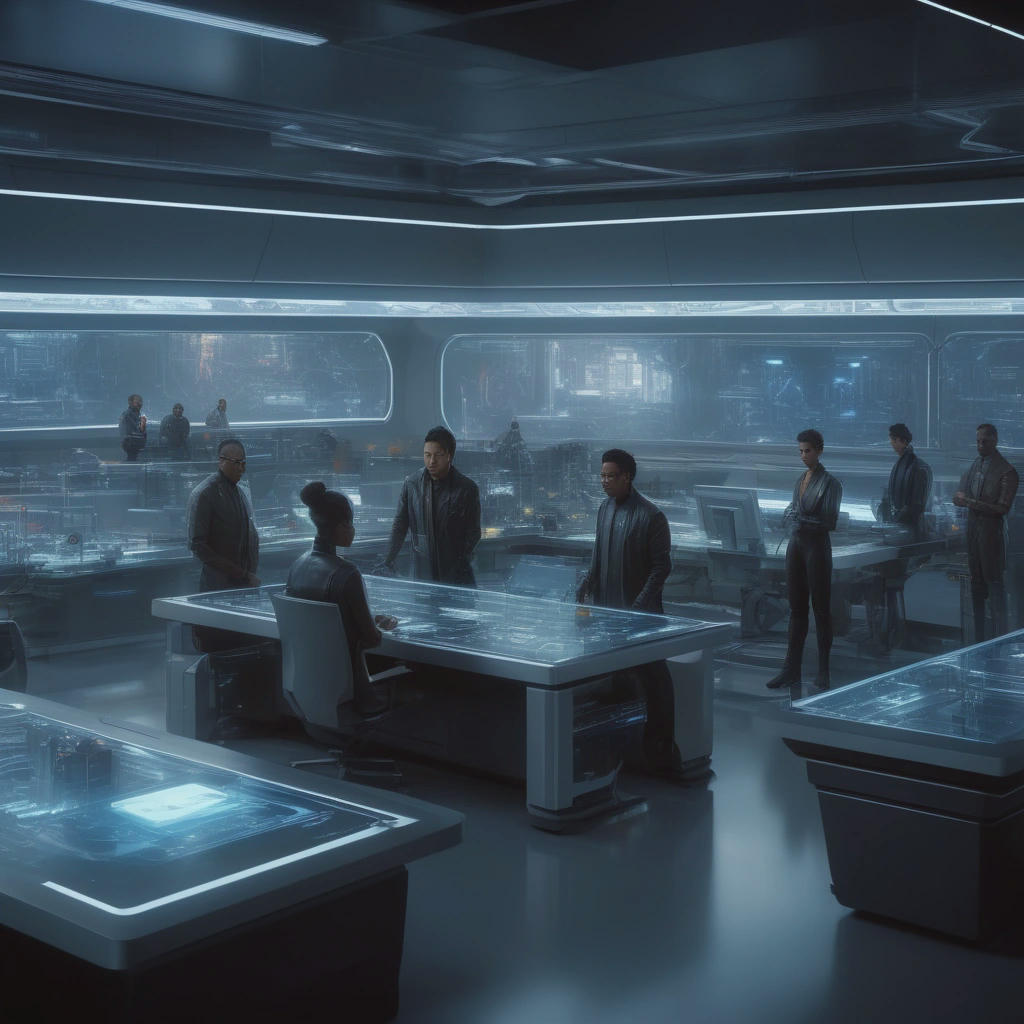The rise of artificial intelligence has sparked a heated debate about its potential impact on society. While some hail AI as a revolutionary force that will transform industries and improve lives, others view it with suspicion and fear. The latter group, often referred to as anti-AI luddites, argue that AI poses an existential threat to humanity, citing concerns about job displacement, bias, and the potential for autonomous systems to spiral out of control. However, a closer examination of their arguments reveals a flawed understanding of AI's capabilities and limitations.
One of the primary concerns of anti-AI luddites is job displacement. They argue that as AI becomes more advanced, it will inevitably replace human workers, leading to widespread unemployment and social unrest. While it is true that AI has the potential to automate certain tasks, this does not necessarily mean that humans will be replaced entirely. In fact, many experts believe that AI will create new job opportunities that we cannot yet anticipate. For example, the development of AI has already given rise to new fields such as machine learning engineering and data science.
Moreover, AI has the potential to augment human capabilities, making us more productive and efficient. For instance, AI-powered tools can help doctors analyze medical images more accurately, or assist lawyers in reviewing complex legal documents. Rather than replacing humans, AI can be seen as a tool that enhances our abilities and frees us up to focus on more creative and high-value tasks.
Another argument put forth by anti-AI luddites is that AI systems are inherently biased and discriminatory. While it is true that AI systems can perpetuate existing biases if they are trained on biased data, this is not a inherent flaw of AI itself. Rather, it is a reflection of the biases that exist in our society. The solution to this problem is not to reject AI altogether, but to ensure that AI systems are designed and trained with fairness and transparency in mind.
Furthermore, AI has the potential to help address some of the most pressing social issues of our time, such as climate change, healthcare, and education. For example, AI-powered systems can help analyze vast amounts of climate data to identify patterns and predict future changes, or assist in the development of personalized medicine and education plans.
In conclusion, the anti-AI luddite movement is based on a flawed understanding of AI's capabilities and limitations. Rather than rejecting AI altogether, we should focus on developing AI systems that are fair, transparent, and beneficial to society as a whole. By working together to ensure that AI is developed and used responsibly, we can unlock its vast potential and create a better future for all.


